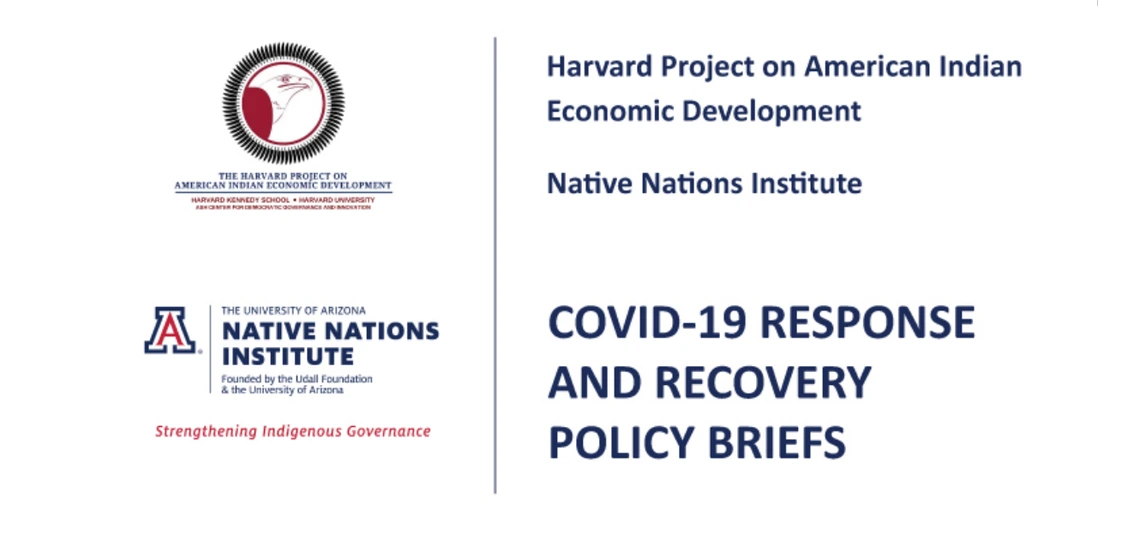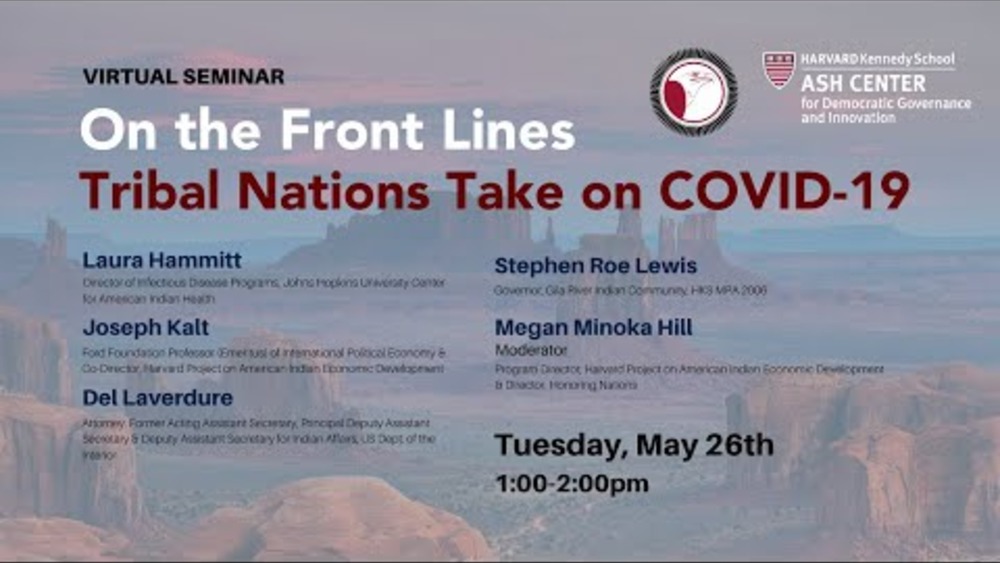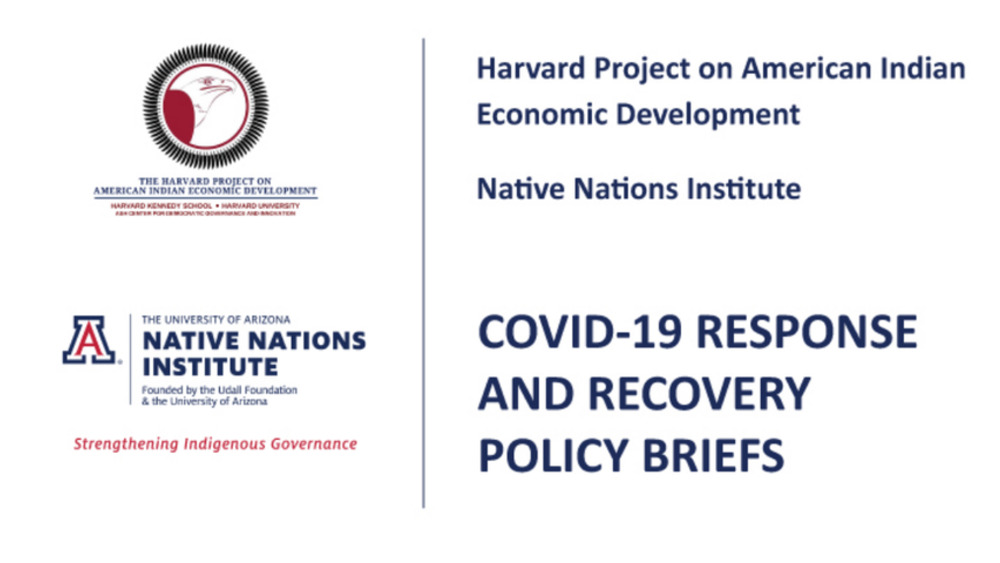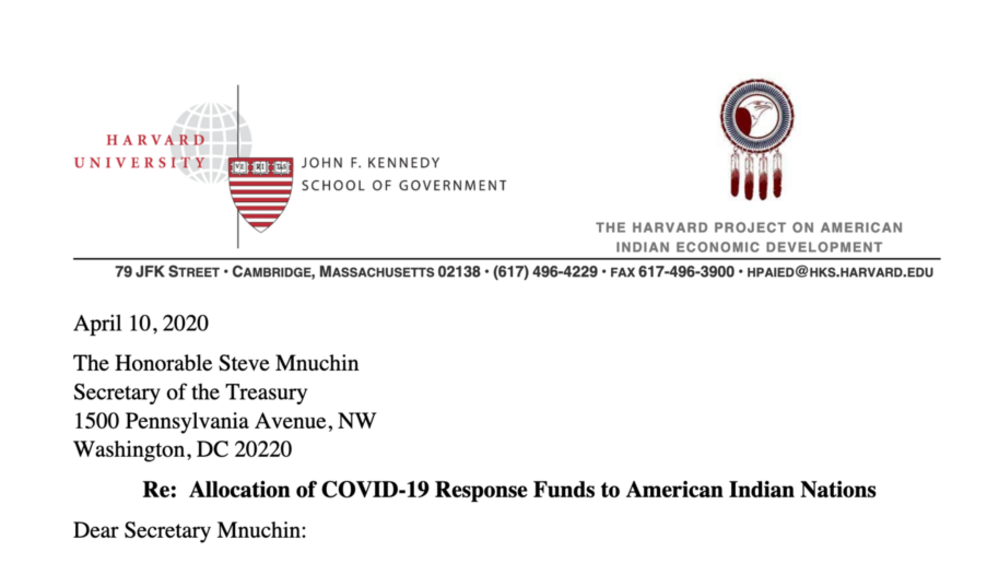Title V of the CARES Act requires that the Act’s funds earmarked for tribal governments be released immediately and that they be used for actions taken to respond to the COVID‐19 pandemic. These may include costs incurred by tribal governments to respond directly to the crisis, such as medical or public health expenditures by tribal health departments. Eligible costs may also include burdens associated with what the U.S. Treasury Department calls “second‐order effects,” such as having to provide economic support to those suffering from employment or business interruptions due to pandemic‐driven business closures. Determining eligible costs is problematic. Title V of the CARES Act instructs that the costs to be covered are those incurred between March 1, 2020 and December 30, 2020. Not only does this create the need for some means of approximating expenditures that are not yet incurred or known, but the Act’s emphasis on the rapid release of funds to tribes also makes it imperative that a fair and feasible formula be devised to allocate the funds across 574 tribes without imposing undue delay and costs on either the federal government or the tribes.
Additional Information
Akee, Randall K.Q., Eric C. Henson, Miriam R. Jorgensen, Joseph P. Kalt. May 18, 2020. Policy Brief: Proposal for a Fair and Feasible Formula for the Allocation of CARES Act COVID‐19 Relief Funds to American Indian and Alaska Native Tribal Governments. Cambridge and Tucson: Harvard Project for American Indian Economic Development and Native Nations Institute.




